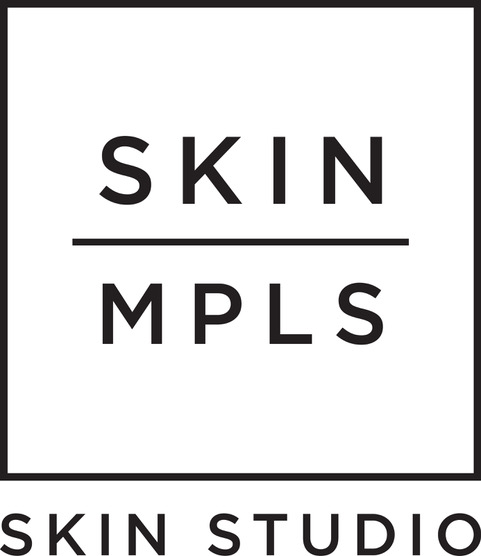Paranoid Retinoid: Common Myths About Vitamin A
When it comes to retinoids (the term for all forms of vitamin A stabilized for topical treatment), we want the only ambiguous thing for you to be the name. As far as your daily regimen goes, vitamin A is top-of-the-line for anti-aging and glowing skin. The downside to retinoids is that they are confusing to the consumer and can be often used incorrectly. That’s why we believe you should only be using one under the care of a professional skincare specialist. We’ve assembled some of the most common things we hear about vitamin A and whether they are true or false.
Retinol thins the skin – False
This is one of the most common falsehoods we hear, right along with the myth that pores open and close and also that over-exfoliation causes acne (other blogs for other days...). While it’s true that vitamin A has a peeling effect and sheds dead skin, it actually promotes new skin cell growth. This means that vitamin A regenerates a youthful complexion by stimulating collagen production and actually can thicken the skin. While the very top layer of the epidermis, the stratum corneum, may get thinner – the other supporting layers get thicker creating healthier, stronger skin.
Retinol can be aggressive and may cause irritation – True
The way vitamin A works is really by changing the skin, which will most often come with some initial side effects like flaking, redness, irritation, and peeling as your skin is acclimating to its new best friend. This is what you want, we want to create that change and peel and exfoliate away the outer layer of skin. But some skin experts are anti-retinol for this reason.
There is a common philosophy that you should not do anything to disrupt the barrier of your skin. And, if skin was all sunshine and rainbows, then we would totally be on board with this! However, things like acne, acne scarring, sun damage, and wrinkles are stubborn conditions – and being “kind and gentle” won’t overpower them (without some SERIOUS lifestyle changes) – so we disrupt your skin’s barrier to get the retinol (and other ingredients in) and then we work on restoring that barrier right away. Some people just have great genetics with great skin, so they may not need more aggressive treatments. For the rest of us mere mortals, we say bring it on. The top layer of our skin is dead skin, and we are all for sloughing that off and promoting new skin to pave the way to our skin goals!
There is one caveat to this. If someone is using a retinol that is too strong without an aesthetician's supervision they are likely to dry out and even burn the skin barrier causing a depleted, sagging look. This can be easily prevented by not trying to be your own expert and seeking guidance from a trained professional!
Prescription retinol is the best retinol – False
In 1969 Dr. James Fulton (Vivant Skincare Founder) co-patented the use of vitamin A for the topical treatment of acne. Think of his original formula (Retin-A or Tretinoin as it’s called today) as the first generation of the retinoid family. Many people assume medical-grade prescription retinol is the best option. The reason you need a prescription is because your skin absorbs it instantly. Because of this, it takes very oily, very resilient skin to tolerate it. It’s virtually impossible to mix other ingredients (like our favorites here) when on Tretinoin. And while everyone who visits the derm may be able to get a prescription, that does not mean it is right for everyone's skin.
Outside of a snuggie or Hanky Pankies, nothing should be one-size-fits-all! Also, the most common prescription given is the cream version. Creams do not penetrate the skin like serums, so even though the vitamin A is stronger it might not be going as deep into the skin as your Vivant vitamin A. Also, the carrier ingredients in the cream version of Tretinoin are unfortunately lackluster and very comedogenic.
Vitamin A is not recommended for pregnancy – True
While pregnant, high levels of vitamin A can be harmful to the baby. For this reason, it is true that you should shelf the retinol. However, there can be exceptions, so talk to your doctor! Contrary to popular belief, very little of what you put on your skin actually penetrates. For this reason, we may recommend a product with a small amount of Retinol Palmitate, which is a mild formulation of vitamin A that is often just used as a natural preservative. Of course, we will be transparent and let your doctor and you decide. Also, when it comes to breastfeeding we are comfortable with going back to your vitamin A again, if your doctor and you are on board.
It’s true that some skin may have to be conditioned to tolerate vitamin A and that it will make your skin even more flawless and healthy. However, don’t fall for hype or clickbait when it comes to this magical ingredient!
